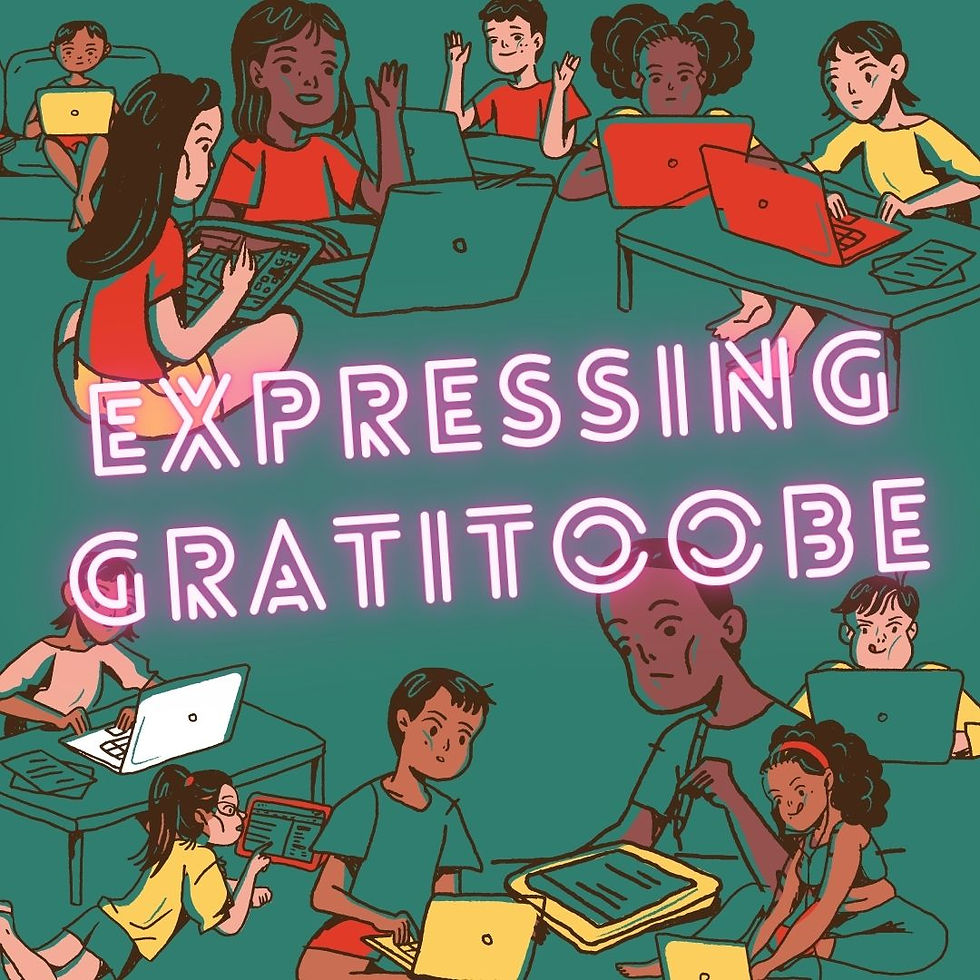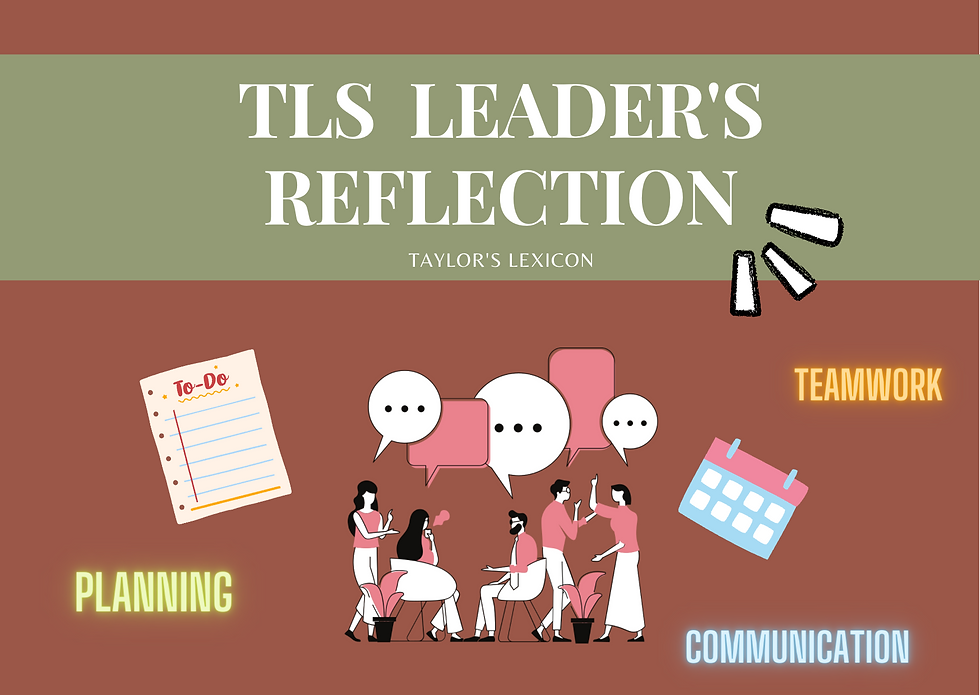Expressing GratiTOOBE
- Tan Ejin
- Sep 4, 2020
- 3 min read
Updated: Sep 5, 2020

You may have read some of our law students’ experiences on e-learning, both good and bad. Like many other students, I had mixed feelings when we were told that the entire semester would be conducted online. On one hand, I get to study from the comforts of my home, but the lack of physical human interaction was less engaging for learners like me.
The pandemic undoubtedly brought a lot of uncertainties and lecturers had to come up with a contingency plan and transition to a virtual classroom overnight. With lectures, tutorials and events going online, hence it wasn’t a total surprise when it was announced that our finals would be conducted online as well.
For the benefit of incoming students, the Taylor’s Online Open Book Examination last semester, also affectionately known as TOOBE, was a 6-hour paper for each law module. Students would be given a pre-seen question two weeks before the examination date to prepare and come ready with an answer on exam day itself. Other than the pre-seen question, the remaining sections are similar to what we were familiar with, where questions are sectioned into Malaysian and English law, or purely Malaysian law for some modules. Each question was limited to a 1500-word answer and students were required to submit their answers through Turnitin.
Having sat through multiple examinations since primary school, the sight of neatly arranged tables, a giant clock and sometimes unnecessarily cold rooms have become a familiar environment. But times like these call for creative solutions, and as students, we had to change our approach on preparing for our finals.
With TOOBE, this effectively means that students are no longer tested on their ability to memorise as everyone would have access to books, notes, additional material and the almighty internet. While this may look significantly easier than physical examinations, but expectations from lecturers are higher as we were expected to cite more journal articles.
I have to admit, when we were first told that we have 6 hours to complete our papers, I definitely made the mistake of underestimating how much time I needed. With books and lecture slides laid open in front of me, my trusty internet sidekick, and the pre-seen question which I already prepared an entire answer script, I remember thinking to myself, “There is no way I’ll need 6 hours to complete this, heck, I might even finish it in half the time given”.
Boy, was I wrong. Not only did I submit my papers 15 minutes before the deadline every night, but I was also sweating buckets at the end of every paper out of stress and nerves. Staring at my screen for 6 hours was no joke either.
However, e-learning has also made me realised the severity of education inequality in our country. Being part of a youth organisation called Small Changes, I have witnessed first-hand how education inequality in Malaysia has denied opportunities for our youth. This has always been an issue in our country, but the pandemic has only made it worse.
In times when many find themselves jobless, education becomes less of a priority for families that are struggling to make ends meet. Students from less-privileged families are unable to afford digital devices and the lack of stable internet connection is yet another issue to be solved. The story of Vevenoah Mosibin shed light on the problems faced by our friends in Sabah and Sarawak, but that is only the tip of the iceberg. There are many more families living in areas where accessing the internet is just like spotting a unicorn. Even in a supposedly more developed area like Melaka, internet stability is a privilege that some can only dream of.
Looking back, while it hasn’t been an easy ride last semester, I am grateful for having lecturers who are willing to go above and beyond, friends that I can count on, and most importantly, my access to education.



Comments